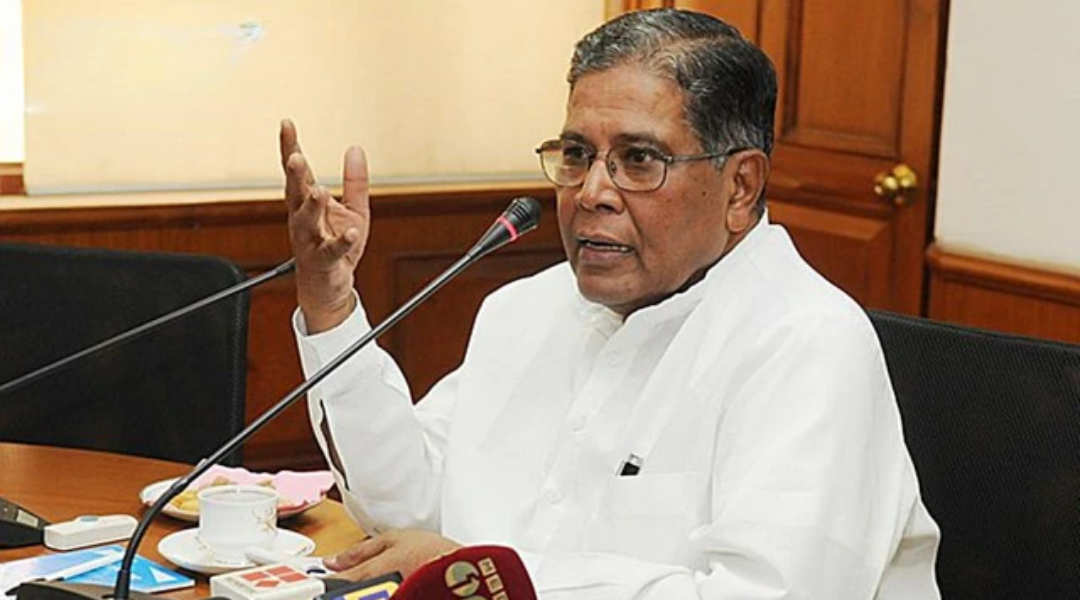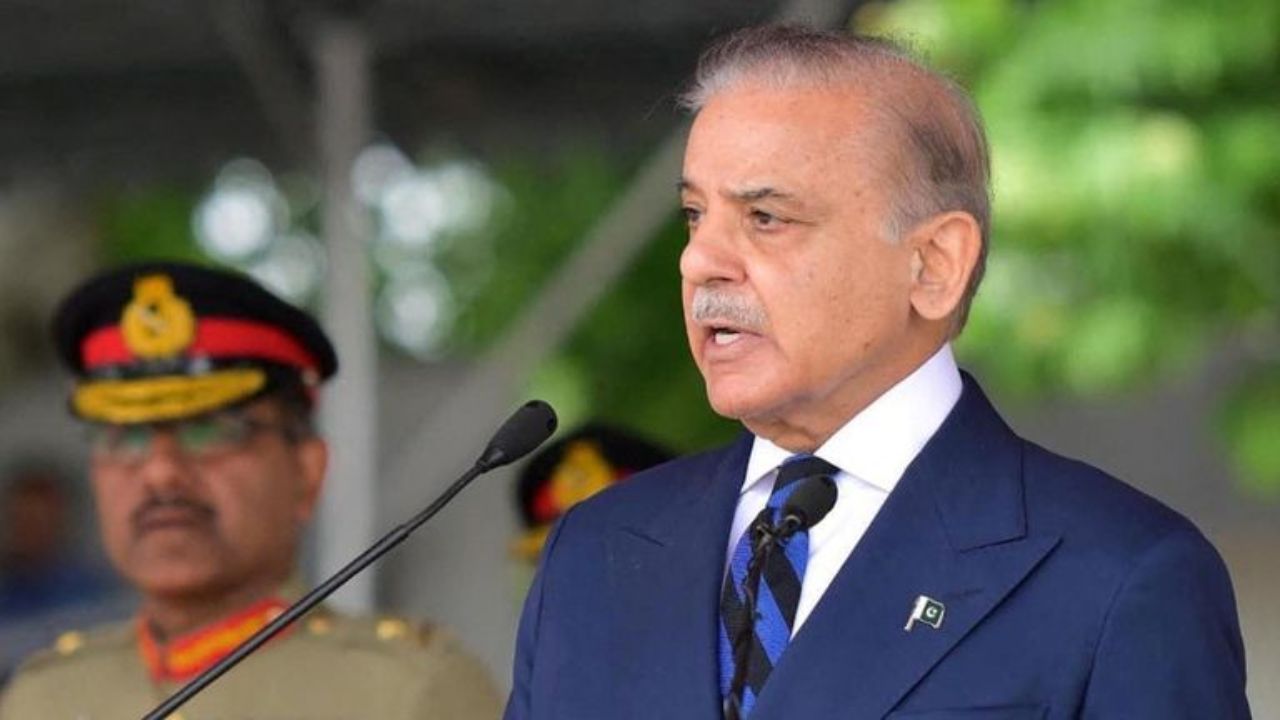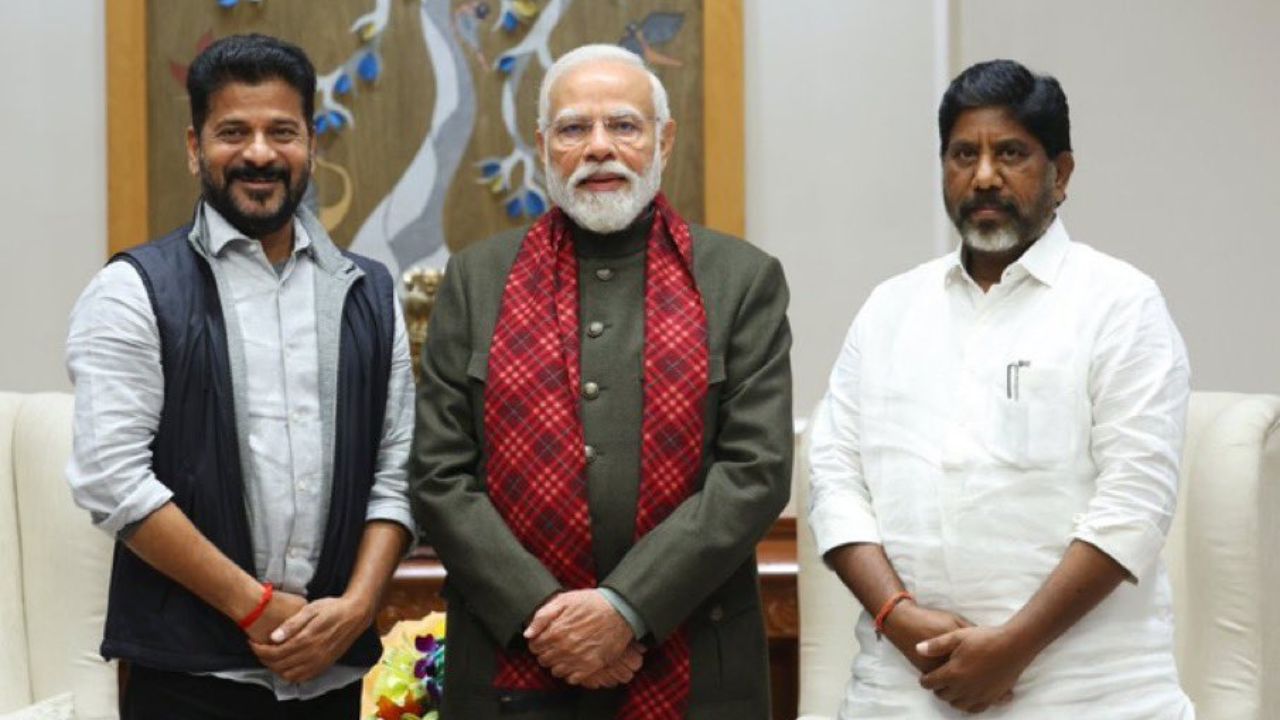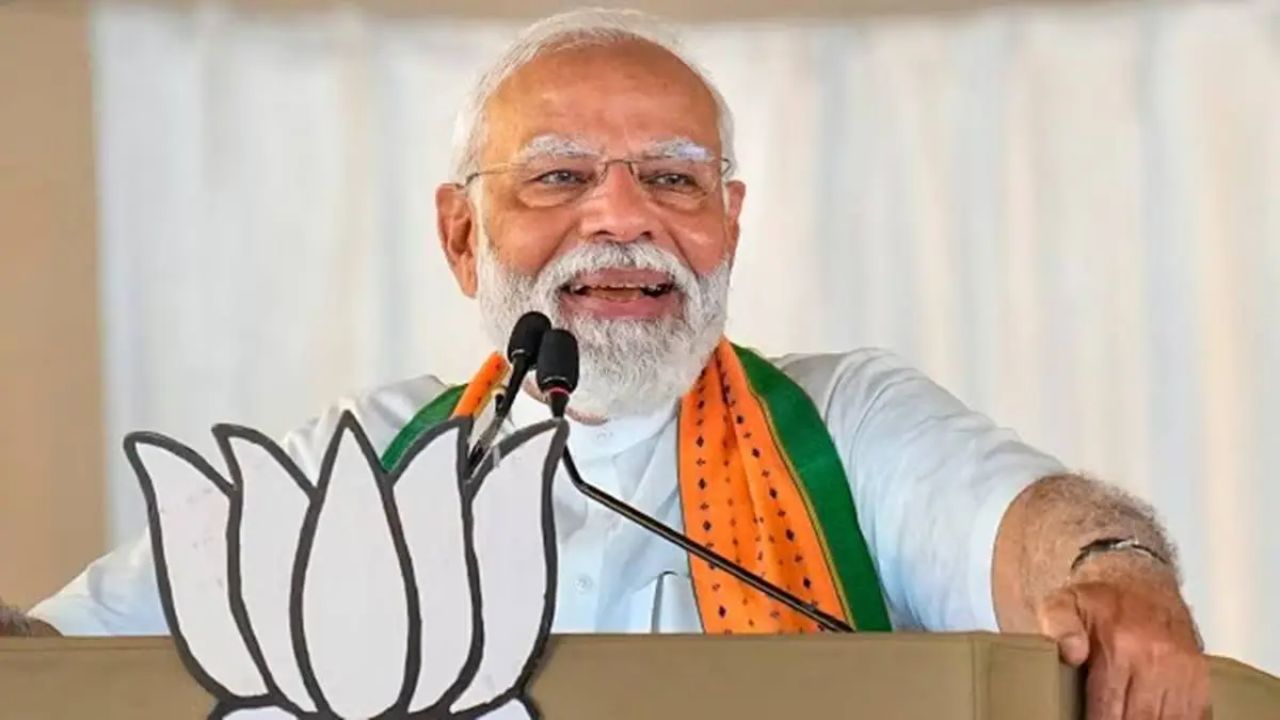Former Waqf Board Chairman Rahman Khan: ‘The New Bill Will Undo the 1995 Act and 2013 Reforms … Government Didn’t Consult Stakeholders or Muslims’
Congress veteran and former Union Minority Affairs Minister K Rahman Khan, who also served as Deputy Chairman of the Rajya Sabha during the Congress-led UPA government, chaired a Joint Parliamentary Committee on Waqf from January

Congress veteran and former Union Minority Affairs Minister K Rahman Khan, who also served as Deputy Chairman of the Rajya Sabha during the Congress-led UPA government, chaired a Joint Parliamentary Committee on Waqf from January 1999 to April 1999 and again from May 2008 to May 2009. This committee made recommendations to revamp the Waqf Act of 1995.
Recently, the Narendra Modi government introduced a Bill in the Lok Sabha to amend the Waqf Act of 1995, sparking criticism from opposition parties who labeled it as “divisive” and an “attack on the Constitution.” Union Minority Affairs Minister Kiren Rijiju refuted these claims and suggested sending the Waqf Amendment Bill to a Joint Committee of Parliament. In an interview with The Indian Express, Rahman Khan, 85, shared his views on the ongoing Waqf controversy. Here are some excerpts from the conversation:
Why was the Joint Parliamentary Committee on Waqf formed, and what were its findings?
In 1996-97, a debate on the Waqf issue took place in the Rajya Sabha, sparked by irregularities in the West Bengal Waqf Board. When the matter was raised in the Upper House, it was decided to form a committee to investigate the functioning of Waqf Boards. The Joint Parliamentary Committee on Waqf, which I headed, traveled across the country and observed the poor condition of Waqf properties, many of which were illegally encroached upon. We submitted a report to Parliament in 2009, highlighting these issues. The Sachar Committee also made recommendations for improving the management of Waqf properties. Subsequently, Parliament referred the matter to a Select Committee, and after reviewing these reports, a Bill was passed in 2013 to amend the Waqf Act of 1995. These amendments, which aimed to remove illegal encroachments and make them a criminal offense, were welcomed by the Muslim community.
Do you believe the Modi government’s new Bill to amend the Waqf Act of 1995 is necessary?
The government has suddenly introduced this new Bill without any prior discussion with stakeholders, including the All India Muslim Personal Law Board (AIMPLB) and other relevant organizations. In contrast, before the 2013 amendments, the ministry consulted all stakeholders. This time, however, the Muslim community, which is the biggest stakeholder in Waqf affairs, was not consulted.
What are your concerns with the new Waqf Amendment Bill?
In short, this Bill will undo the reforms achieved by the 1995 Act and the 2013 amendments, effectively taking us back to a pre-1995 era. The Bill proposes to abolish Waqf Tribunals and the survey of Waqf properties. It also mandates that no Waqf will be registered without a deed and transfers custodianship of Waqf properties to the government-appointed Collector, who is not independent. The Bill requires all Waqf properties to re-register, which is a massive undertaking given that there are nearly 600,000 Waqf properties in India. Additionally, many Waqfs were established orally and lack documentation, which the new Bill would not recognize. The Bill also removes the Waqf Boards’ power to register Waqf properties suo motu.
The BJP claims that the Bill will increase transparency in Waqf Boards and ensure women’s representation. What is your response?
This claim is entirely false. For the first time, they are allowing non-Muslims to be part of Waqf Boards, and they have removed the provision requiring the Chief Executive Officer of a Waqf Board to be a Muslim. Involving non-Muslims in the religious and charitable affairs of the Muslim community is unprecedented. If this is justified, then should Muslims also be included in Hindu charitable organizations?
What are your specific demands regarding the new Bill?
None of the provisions in this Bill will increase transparency. The Waqf Act is meant to protect Waqf properties, but the new Bill lacks provisions to remove encroachments.
The government has agreed to send the Bill to a Joint Committee of Parliament. What is your view on this?
This is a positive decision. The Bill should be thoroughly discussed in the Committee, and various organizations should be allowed to present their views. This is a good procedure, and I welcome it. All legislation should be passed after detailed consultations with stakeholders and multiple committees in Parliament.




